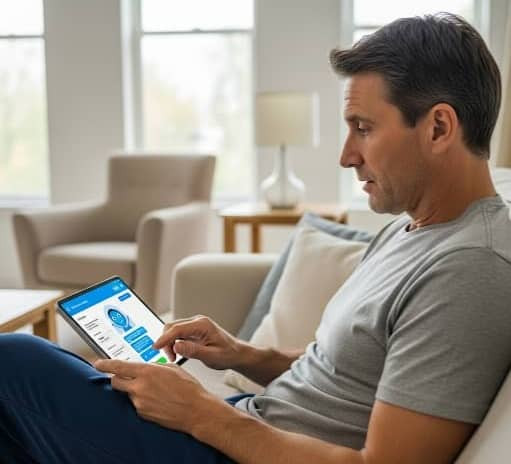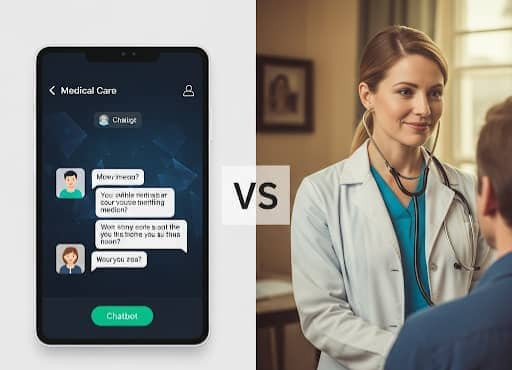
'My Companion', an AI-powered assistant which is NHS's latest technological leap, is drawing attention not just for its innovative features, but for its fundamental shift to make healthcare accessible to Britons.
Pitched as a 'ChatGPT for the NHS,' the AI tool, set to debut via the NHS App later this year, could soon become the first voice many people will hear when they seek NHS care.
But while the government officials hail it as a 'revolution', some are asking: What do we stand to gain and lose by letting an algorithm decide what's wrong with us?
A Radical Shift in Patient Access
Set to launch later this year through the NHS App, 'My Companion' will allow users to type or speak their symptoms, get instant guidance, and even compare hospitals and GPs by wait times and patient outcomes.
It's part of a broader £10 billion digital transformation plan aimed at easing staff shortages and NHS backlogs—now at 7.4 million cases and counting—as reported by The Health Foundation.
Health Secretary Wes Streeting called the initiative 'ChatGPT for the NHS,' promising it will empower people to make informed choices — and get help faster.
But beneath the optimism lies a deeper gamble: shifting trust away from humans and towards a machine.
Will It Work for Everyone?
On paper, the tool promises efficiency. In practice, critics warn it could introduce new risks, especially for the digitally excluded, older patients, and ethnic minority groups.
While ministers have committed £2.2 billion to expanding access in under-resourced areas, experts remain concerned about creating a 'two-tier NHS' divided by data and digital literacy.
There are also questions of accountability: If My Companion misses a red-flag symptom, who takes the blame?
Not Just Symptom Checkers
The NHS is betting big on AI beyond this one app. From November, another AI system will monitor safety data across hospitals, detecting early signs of clinical failures such as spikes in stillbirths or avoidable deaths.
Other tools in development include AI 'scribes' that write clinic notes and robotics-assisted surgery. As reported in the Guardian, ministers want up to 90% keyhole surgeries to involve robotic tools by 2035.
With so many moving parts, the vision is clear: an NHS powered not just by people, but by code.
The Real Test: Trust

While Health Secretary Wes Streeting reassures the public that the new NHS app is meant to complement, not replace, traditional medical care, many experts urge caution. They highlight that AI-driven health tools must be carefully implemented to ensure patient safety and maintain trust.
However, digital literacy remains a significant barrier. As healthcare increasingly moves online, ensuring equitable access and addressing disparities in technology use will be vital to preventing the deepening of existing inequalities within the NHS.







